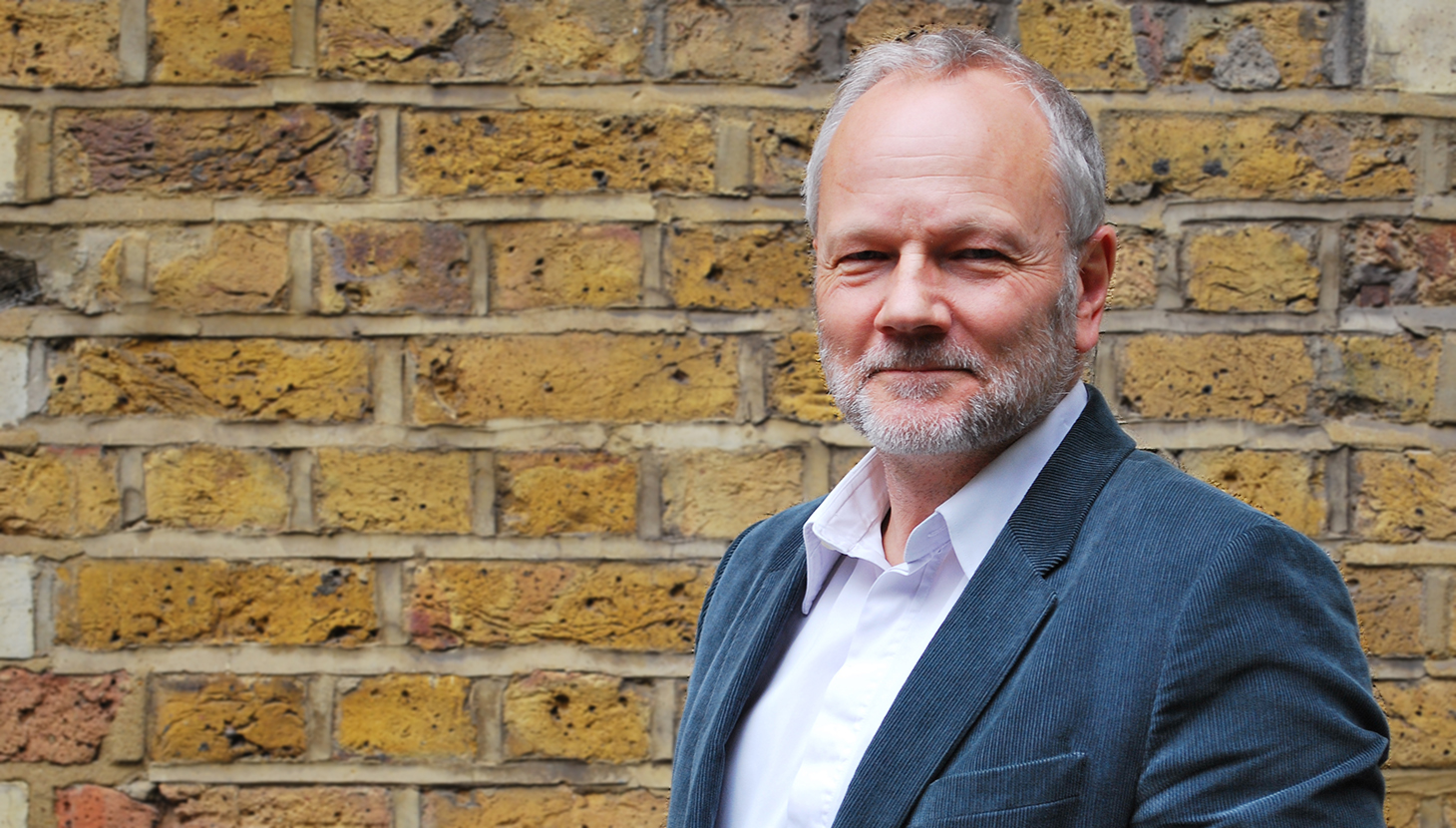
The Academy’s Tenth Anniversary logo is in the recycling bin and we are settling into our second decade. I’ve found the role of Chairman less onerous than I expected, mainly because so many of you have offered help, support and encouragement.
It was always my aim to increase the level of engagement of Academicians in the activities we have organised and supported. The number of these has steadily increased – over 40 last year – and we expect even more in the coming year. Our membership in all categories is now approaching 900 and with the launch of our group membership this year, I’m sure will continue to grow.
The problem is that while I’ve been focused on the Academy’s circumstances, the world’s gone mad. Honestly, you’ve only got to look away for a moment.
The great places we celebrate, large and small, provide the evidence of what can be achieved by diverse communities pursuing a generally shared vision. It seems, however, that there are limits to its scalability. Try it at a national or international scale and the social emulsion can separate.
As I said in my June 16 blog (probably to myself), the result of the leave/remain referendum indicated, more than anything else, the gap between the possessors and the dispossessed. This was a good lesson in the consequences of a referendum on a binary issue in a society built on representative democracy. The voters didn’t appreciate the simplistic nature of the exercise, and as it turned out, neither did those who dreamed it up.
So why is it that actions with such unpredictable (I was going to say catastrophic, but of course not everyone sees it as such, and it’s not over yet) consequences seem less likely at the city and smaller scales? Of course it does happen – popular movements, campaigns, riots have risen in response to inequitable local circumstances since we first started living in closer proximity. But town and city communities seem able to adjust and move on. Does this mean that governance of urban places is more responsive to the voice of the people than that of a nation, or is it just that the dominant forces are able to quell uprisings before they get out of hand?
The Academy has spent 10 years of learning from place, producing a load of examples of people doing great things to great effect. (Our latest book Urbanism, launched at the annual Urbanism Awards in November, is a compendium of 75 such examples and well worth the discounted price if you buy it through the Academy). If the current international turmoil is anything to go by, we and a lot of other people still have a lot to learn.
Western secular liberalism has provided a relatively safe, predictable and supportive context for people like me over two, nearly three, generations. We have either grown soft and complacent, ignoring forces that seek to impose a new ‘new order’, or we have ignored the many, possibly the majority, for whom this view of the World provides little security. And possibly both.
So our exploration and evocation of Space Place Life should in future examine more rigorously the inclusive governance of the places we visit. We should make this an essential component of success and we should focus on the people and institutions that are connecting people like us and people like Daniel Blake.
I have been told on a number of occasions that my chairmanship has been characterised by the humour that I bring to the human and the urban condition. It’s being sorely tested at the moment, I can tell you. But it has been a great experience, and I’ve enjoyed getting to know a lot of talented and committed urbanists with great experience and interesting stories. You’ve made me laugh too.
Steven Bee AoU